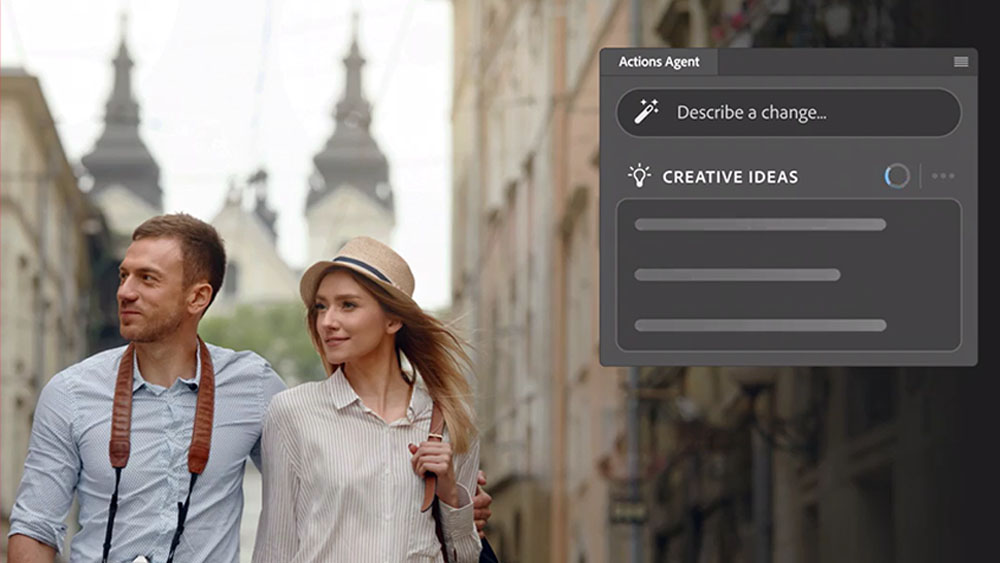10 tips for starting your design business
Starting your own studio is the dream of every creative. Here, 10 professionals who have done just that share their insights and advice for setting up shop.
1. Be realistic with your finances
Anna Haigh, founder, Action Cat
"Don't put your finances at risk by taking on massive overheads. Work from home at first until you have a solid client base offering you regular work, then a shared studio is great for mixing with other creatives. When you hire freelancers, they probably have their own space to work independently, so you don't need to worry about having any office space for them, which is helpful for many reasons."
2. Make the most of technology
Todd Albertson, co-founder, Weapon of Choice
"The remote locations (Albertson and his business partner Tom Brown are split between Vancouver and Washington, DC) have not been a hindrance. We use audio iChat to create a virtual studio and swap files for feedback. Anyone considering a similar set-up should be inspired by their partner's work and comfortable with their partner's level of project management and troubleshooting skills. Then, the distance is really just a technicality."
3. Stay ahead of the game
Dan Moore, co-founder, Studio Output
"The balance between the creative and business sides is more important than ever right now. It's going to be harder to find work - and work that'll pay well enough. Now and going forwards, it's going to be about being ahead of the game and being the best. The key is to strike a balance while still creating great work that you can shout about and that works for the client."
4. Find a workspace that suits you
Paul Gray, founder, Suisse Design
"Location is very important for a number of reasons. Financially, it has to stack up. Can you afford a space? Ideally, it should be a great space to work in. Don't underestimate that either. It's hard enough producing good work at the best of times, but try to do that constantly in a depressing space and you only make it more difficult."
5. Personality is as important as a portfolio
Leif Steiner, founder, Moxie Sozo
"Personality is very important. No client aspires to be beige; no-one's favourite food is mashed potatoes. Studios should be hired for their problem-solving abilities, but I've never seen a successful shop without a strong personality directing the show. Clients are naturally attracted to people with distinct opinions, ideas and beliefs. It's more profitable to be passionately loved by a few, than generally liked by many."
6. Think from a client's perspective
Barney Beech, co-founder, THIS IS Studio www.thisisstudio.co.uk
"It's important to remember that you're not sending your portfolio to another designer, but to potential clients, and what excites a designer can go totally over the head of someone else. I guess the real trick is to customise your portfolio for each client, putting yourself in their shoes, and then by adding a few wild cards that will hopefully capture their imagination."
7. Consider your costs
Michael Paul Young, co-founder, YouWorkForThem
"Learn how to plan out what each day costs your studio to run, and then compare that to the job and factor in the profit. Be on top of your studio's image - word of mouth plays the biggest role, so try to put on your best behaviour when dealing with the clients you like. The word will spread that you are a good studio."
Get the Creative Bloq Newsletter
Daily design news, reviews, how-tos and more, as picked by the editors.
8. Sell yourself like a professional
Robynne Raye, co-founder, Modern Dog
"A very common mistake I see is that young designers often don't know how to sell or even talk about their work. Rationalisations for doing projects don't relate in any kind of sales way to the client; they don't care that Gotham is the cool font du jour, they just want to know that it's easy to read and will help people make decisions when purchasing their products."
9. Get out there and network
Tom Bradley, co-founder, Root Studio
"We started Root Studio soon after finishing university, and the main oppositions we found were funding, premises and clients. Luckily, we were just about able to fund the set up of the studio ourselves and, after much research, we discovered a new environmentally friendly business hub. Finding clients was the tricky part. Persevere - get your face known and you'll soon meet the key people."
10. Non-paid work matters as much as paid
Alex Bec, co-founder, HudsonBec
"The biggest challenge is balancing commercial work with self-initiated projects and ideas. The most difficult task for everyone at the moment is making sure that they can earn enough money to keep going - and we're no different. Aside from the fact that we get most tied up chatting about what we want to do next and the direction our work should be taking."

Thank you for reading 5 articles this month* Join now for unlimited access
Enjoy your first month for just £1 / $1 / €1
*Read 5 free articles per month without a subscription

Join now for unlimited access
Try first month for just £1 / $1 / €1
The Creative Bloq team is made up of a group of design fans, and has changed and evolved since Creative Bloq began back in 2012. The current website team consists of eight full-time members of staff: Editor Georgia Coggan, Deputy Editor Rosie Hilder, Ecommerce Editor Beren Neale, Senior News Editor Daniel Piper, Editor, Digital Art and 3D Ian Dean, Tech Reviews Editor Erlingur Einarsson, Ecommerce Writer Beth Nicholls and Staff Writer Natalie Fear, as well as a roster of freelancers from around the world. The ImagineFX magazine team also pitch in, ensuring that content from leading digital art publication ImagineFX is represented on Creative Bloq.
